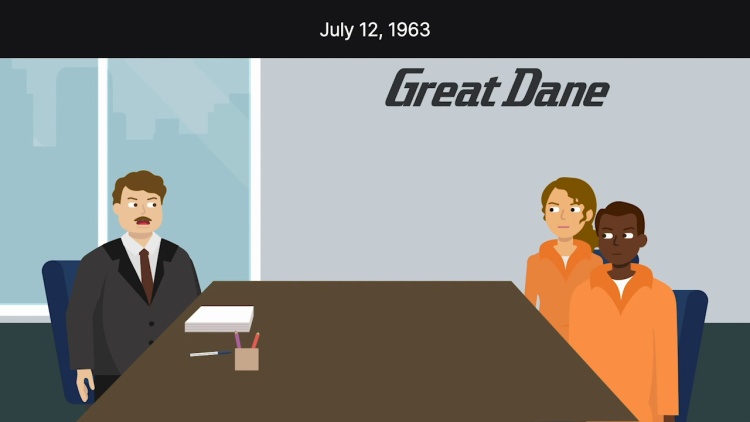National Labor Relations Board v. Great Dane Trailers, Inc.
United States Supreme Court
388 U.S. 26 (1967)
- Written by Rose VanHofwegen, JD
Facts
Great Dane Trailers, Inc. (defendant) entered a collective-bargaining agreement that required it to pay employees vacation benefits on the Friday nearest July 1 of each year. Workers began striking in May 1963. On July 12, strikers demanded their accrued vacation pay. The company initially refused on the grounds that the strike had terminated all contractual obligations under the collective-bargaining agreement. But shortly afterward, the company announced it had adopted a new policy and would pay vacation pay only to those employees who had reported to work on July 1, and not those who had remained on strike. After the union filed unfair labor practice charges, the NLRB found that the company discriminated against unionism and interfered with protected activities. Therefore, the NLRB ordered the company to pay vacation pay to strikers in accordance with the collective-bargaining agreement. But the appellate court reversed, reasoning that the union had not affirmatively shown the new vacation pay policy was motivated by an intent to discourage union membership or interfere with protected employee rights. Instead, the appellate court speculated that other business reasons could explain the decision. The Supreme Court granted review.
Rule of Law
Issue
Holding and Reasoning (Warren, C.J.)
Dissent (Harlan, J.)
What to do next…
Here's why 910,000 law students have relied on our case briefs:
- Written by law professors and practitioners, not other law students. 47,100 briefs, keyed to 997 casebooks. Top-notch customer support.
- The right amount of information, includes the facts, issues, rule of law, holding and reasoning, and any concurrences and dissents.
- Access in your classes, works on your mobile and tablet. Massive library of related video lessons and high quality multiple-choice questions.
- Easy to use, uniform format for every case brief. Written in plain English, not in legalese. Our briefs summarize and simplify; they don’t just repeat the court’s language.





